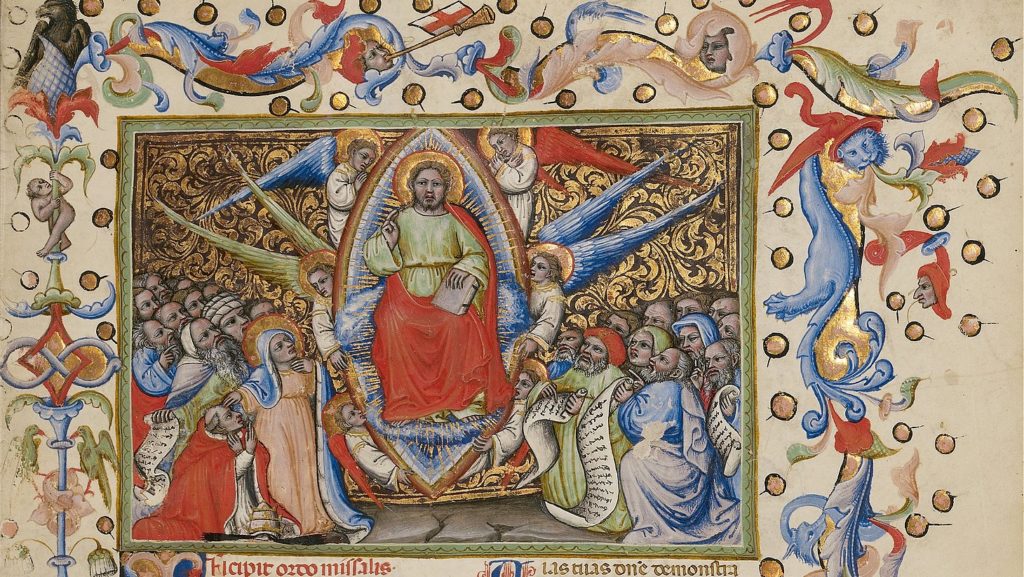Catholics, from their earliest lessons in Vacation Bible School, are taught to prize holiness — to admire it in others and to strive for it in their own lives.
But we’re never quite told what holiness is. We hear and read the biographies of the saints, and we’re told that holiness is the common element in their lives, and then we’re left to draw our own conclusions.
It’s interesting to note that the glossary of the Catechism of the Catholic Church has no entry for the word “holiness” — even though the word appears in five definitions of other words!
So we don’t have definitions. We have impressions. We see that holy people do good things and avoid doing bad things. They feed the poor and house the homeless. They are sometimes martyred because they refuse to comply with unjust laws.
We conclude, then, that holiness is the same thing as goodness, or the same thing as courage, or the same thing as philanthropy.
But then we grow older and we learn about saints like the irascible Jerome, or the scheming Cyril, or the intolerant Epiphanius, or Mark Ji Tianxiang, who was addicted to opium. Their behavior shatters our stereotypes of sainthood. We find that our preconceptions were misconceptions.
We may well wonder whether we have ever understood holiness.
The great seismic event in the Church in the last century was the Second Vatican Council. Many people argue about its effects, but the pope at the time, St. Pope Paul VI, made clear its meaning and central message. The council was all about “the universal call to holiness.” In the Dogmatic Constitution on the Church, “Lumen Gentium” (“Light of the Nations”), we find the summons: “all the faithful of Christ are invited to strive for the holiness and perfection of their own proper state. Indeed they have an obligation to so strive.”
“The classes and duties of life are many,” the document tells us, “but holiness is one.”
Holiness is something that’s obviously important to our lives, and yet not even the council ventured a definition!
The theme of holiness has been with God’s people from the beginning of recorded history, and it calls us to deep study in modern times. I wrote such a study myself in my book “Holy Is His Name” (Emmaus Road Publishing, $24.95).
In article 2809, the Catechism does hint at what we’ll find along the way.
“The holiness of God is the inaccessible center of his eternal mystery. What is revealed of it in creation and history, Scripture calls ‘glory,’ the radiance of his majesty [Cf. Ps 8; Isa 6:3]. In making man in his image and likeness, God ‘crowned him with glory and honor,’ but by sinning, man fell ‘short of the glory of God’ [Ps 8:5; Rom 3:23; cf. Gen 1:26]. From that time on, God was to manifest his holiness by revealing and giving his name, in order to restore man to the image of his Creator [Ps 8:5; Rom 3:23; cf. Gen 1:26].”
Within that paragraph is the meaning of the feasts we celebrate Nov. 1-2, All Saints and All Souls. We are created and called to be saints, to be glory.

